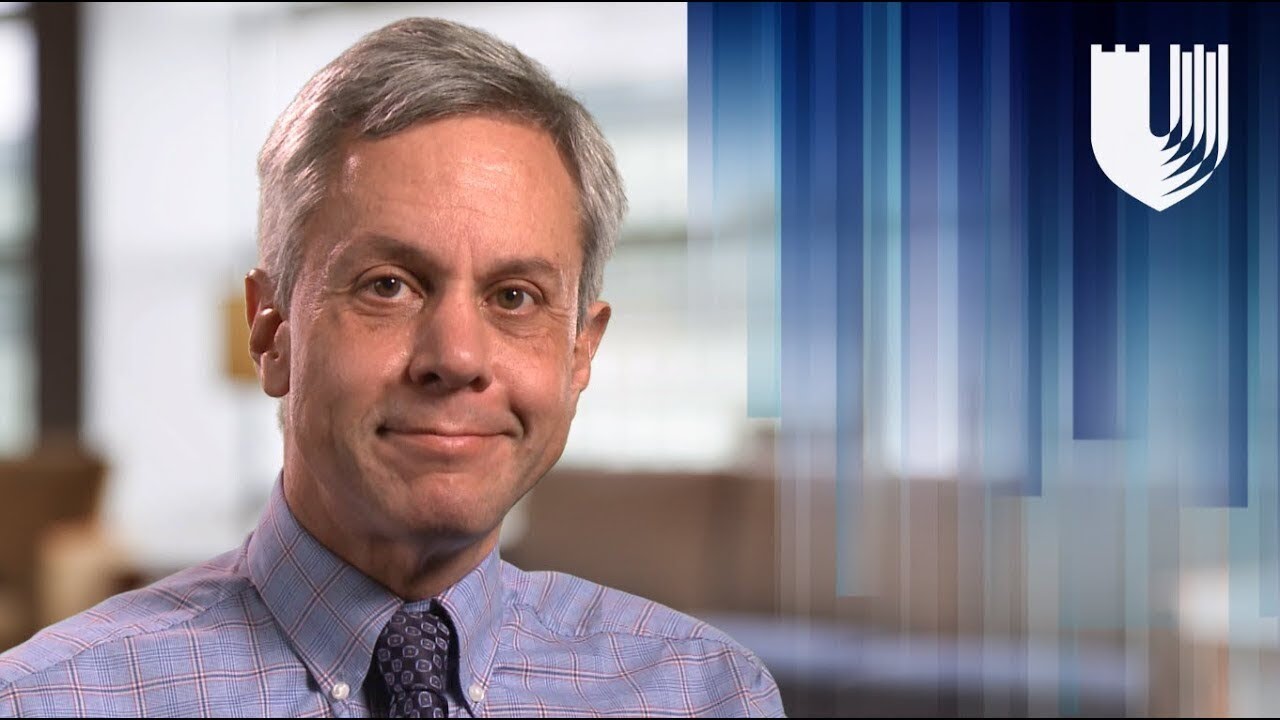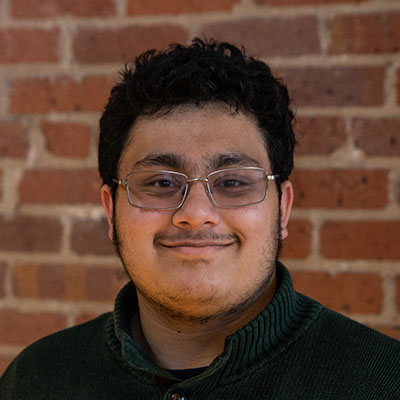Not all ideas are good ideas
Huang Fellow Adway Wadekar reflects on Dr. Jeff Baker’s talk on the “five big ideas that transformed medicine,” and science that didn’t consider its societal implications.Dr. Jeff Baker’s seminar on the Huang Fellows syllabus was titled “Five Big Ideas that Transformed Medicine—A Tour through Duke’s History of Medicine Collection (spoiler– not all were good ideas).”
“Not all ideas are good ideas” is a theme that I had no idea would keep coming up throughout the summer. It turned up in the context of albeit more “current” or relevant topics such as honest science and retracting results from Dr. Steve Nowicki, artificial intelligence from Prof. Jeff Ward and reviving pig brains from Dr. Nita Farahany. Dr. Baker’s talk was one of the first of these sorts of talks on science and its associated impact on society and was the only one to put a historical spin on it.

To be honest, I never thought about how an idea or discovery itself could be a bad one. In school, I had been taught that “no question is a bad question.” After all, the scientific method and engineering design processes were supposedly unbiased ways—tools, almost—to discern whether your predicted answer to your question was correct or not.
But therein was the problem with my thinking. The methods of actually doing science are not immune to biases from society. And, the conversations that we didn’t have in the past about these biases are the conversations that we still continue to not have today.
For example, using artificial intelligence, wholesale, to predict reoffenders in the criminal justice system had a similar, chilling effect to comparing skull sizes of people of different races to make (false) conclusions about their intelligence. Why? Because the data used to train the machine learning model to predict reoffenders was shrouded in the same racial bias that the preeminent scientists at the time of the skull “study” had while interpreting their results.
Going in, I thought Dr. Baker’s talk was going to be a one-off. I thought that he was going to show us that we made tons of mistakes when doing science just because it was a long time ago, and more importantly, the scientific community is quite careful not to make these mistakes anymore. But throughout the summer, I began to find out that his talk just set the stage for many of the rest: we continue to have the same “bad ideas” as we did in the past, because we seldom frame our questions and our methods in a way that contextualizes society.
It’s a manifestation of the famous idea that we are doomed to repeat our mistakes from history if we don’t learn from them.
Moving forward from this is only getting more tedious, with the advent of complex technologies and their use. As an example, I am someone who is interested in using these technologies such as artificial intelligence, which are already prone to creating a host of society-facing issues due to their black-box nature, to glean information from large amounts of data, which has its own problems. As Dr. Baker implored us to do, I will do my best to account for these as I strive to produce accurate science.
Adway Wadekar, Huang Fellow ’25
 Adway is a rising sophomore studying mathematics, economics and sociology. He hopes to pursue an academic career, investigating societal problems through the lens of data.
Adway is a rising sophomore studying mathematics, economics and sociology. He hopes to pursue an academic career, investigating societal problems through the lens of data.

